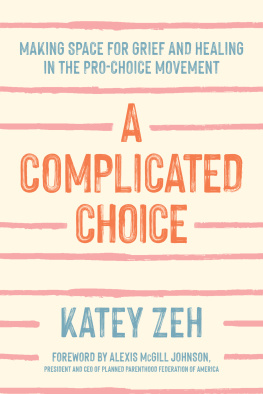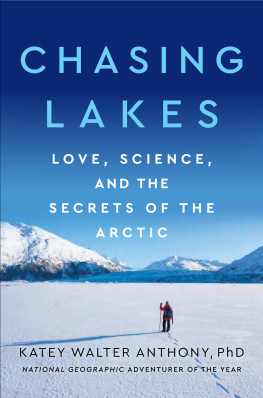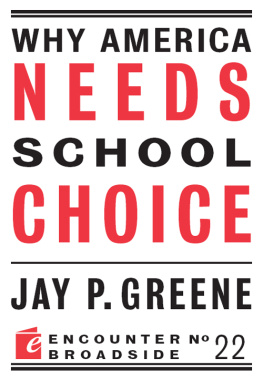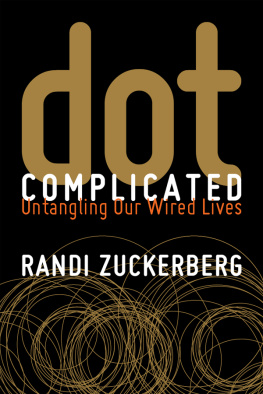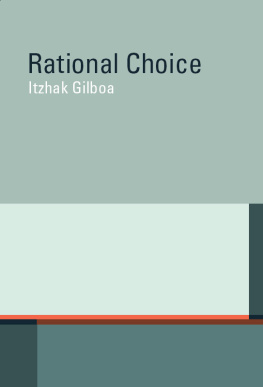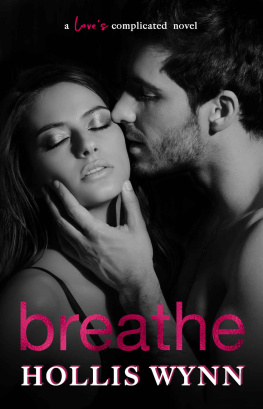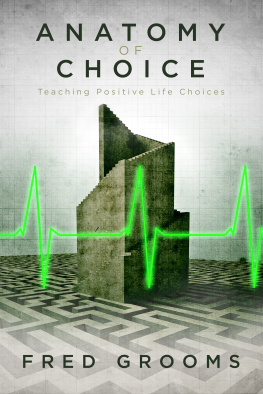
Praise for A Complicated Choice
A critical, essential offering to the national conversation about abortion that invites us to listen to those most impacted: the people who have made these decisions themselves. A Complicated Choice is a truly important offering for the United States today.
Rabbi Danya Ruttenberg, author of Surprised by God and Nurture the Wow; Scholar in Residence, National Council of Jewish Women
Katey Zeh creates conditions for choice and agency to guide the path for healing and community for those who walk the path of abortion.
Robyn Henderson-Espinoza, PhD, author of Body Becoming and Activist Theology
Katey Zeh takes on concepts of stigma and privilege without demur. She brings a powerful perspective as a woman of faith, and relies on that faith to open a fulsome and compassionate dialogue with people about their individual experiences with abortion in a series of interviews.
Herminia Palacio, president and CEO of the Guttmacher Institute
Sharing personal stories, coupled with a fresh perspective on some well-known gospel verses, Katey Zeh brings so much compassion and nuance to the conversation about abortion.
Asha Dahya, author of Todays Wonder Women: Everyday Superheroes Who Are Changing the World
In spaces where there is so much yelling and screaming about abortion, Rev. Zeh has taken the time to slow the pace, to listen and share, to shape a healing process that doesnt include blame or shame.
Pastor Kaji Dousa, senior pastor, Park Avenue Christian Church
Refreshingly relatable. Zeh gifts her audience with concrete ways to wrestle with faith and abortion, making this book a significant resource for religious and medical communities as well as public policy influencers.
Monique Moultrie, associate professor of religious studies and director of undergraduate studies, Georgia State University
A Complicated Choice
A Complicated Choice
Making Space for Grief and Healing in the Pro-Choice Movement
Katey Zeh
Foreword by Alexis McGill Johnson, President and CEO of Planned Parenthood Federation of America
Broadleaf Books
Minneapolis
A COMPLICATED CHOICE
Making Space for Grief and Healing in the Pro-Choice Movement
Copyright 2022 Katey Zeh. Printed by Broadleaf Books, an imprint of 1517 Media. All rights reserved. Except for brief quotations in critical articles or reviews, no part of this book may be reproduced in any manner without prior written permission from the publisher. Email or write to Permissions, Broadleaf Books, PO Box 1209, Minneapolis, MN 55440-1209.
Scripture quotations are from New Revised Standard Version Bible, copyright 1989 National Council of the Churches of Christ in the United States of America. Used by permission. All rights reserved worldwide.
Cover design by Alissa Dinello
Print ISBN: 978-1-5064-7349-9
eBook ISBN: 978-1-5064-7350-5
While the author and 1517 Media have confirmed that all references to website addresses (URLs) were accurate at the time of writing, URLs may have expired or changed since the manuscript was prepared.
For all who hold untold stories in their hearts
Contents
COVID-19 taught all of us what isolation can do. It destabilizes our communities and tests our spirits. People who tried to access abortion during the early days of the pandemic felt this isolation acutely. As governors used the crisis as an excuse to ban abortion, some patients drove sixteen hours from Texas to California and Colorado just to access medication abortion. I think about how they must have felt on those long, lonely drives: isolated from loved ones by the virus. Isolated from their trusted providers by politicians. Terrified and utterly alone.
That wasnt by accident. To borrow from Adam Serwer: the cruelty is the point. For decades, opponents of abortion have created barriers designed to alienate patients.
Stigma, too, is meant to isolate usand no medical procedure is more stigmatized than abortion. The truth is, abortion is common. Nearly one in four women will access it in her lifetime. But thats not the story weve been told.
Because stigma is one of the most powerful tools of oppressionit operates invisibly. It creates its own pathway in our minds and becomes difficult to overcome. Its the foundation of the narratives weve consumed our whole lives, so it provides a ready justification for laws that limit our freedoms. And because stigma is so pervasive, its not just perpetuated by our opponents. When we shy away from the more complicated and nuanced side of abortion stories, intentionally or not, we isolate one another. Even our most vocal supporters have internalized false narratives about abortion, race, gender, and class. I certainly have. To unlearn these stereotypes, accumulated over a lifetime of exposure, takes real work. For as long as Ive been a part of the movement for reproductive rights, Ive also been exploring questions about bias. I cant untangle the two. The same decade I first volunteered for Planned Parenthood, I was also leading the Perception Institute, a consortium of researchers, advocates, and strategists. We translated mind science research into solutions that reduce bias and discrimination. Ive spent the better part of my career exploring how our brains process challenging conversations and experiences.
Heres what Ive learned: our brains are amazing, but theyre lazy. They slip into strong archetypes that reinforce stigma, without us even realizing its happening. But our brains also love stories. Theyre hardwired to use narratives to make meaning. We can use what we know about the mind sciences to our advantage. When we share abortion stories, were actually building new, strong archetypes against stigma. Through the seventeen stories in this book, Katey Zeh is giving us the tools to build a new practice: to, as she says, develop our individual and collective capacity to offer compassion to one another.
Sharing a story youve been told to hide is a radical act of defiance. And choosing to witness that storywithout judgment or prejudiceis a radical act of grace. In the space between the telling and the hearing, the spirit is at work. As a movement for reproductive freedom, we need to create the conditions for these radical exchanges. We need to create a space where people can be vulnerable. Where they will be seen, and accepted, for who they truly are. The seventeen storytellers in this collection have trusted Katey with their truth, and in turn, shes modeling how we can build a movement for reproductive freedom with trust as its cornerstone. Where there is room for every story in all its fullness. Where there is room for joy and ambivalence, for grief and its half-lives, for innocence and experience, for hardship and privilege. Where there is room for everyone who has had an abortion: women, men, trans and nonbinary people. Where you are not just welcome, you belong.
As the nations leading provider of sexual and reproductive health care, Planned Parenthood has a role to play here. In our hearts and in our movements, we need to make room for all kinds of complicated, beautiful stories. We need to show people its okay to complicate the narrative. When you share your imperfect abortion story, you dont hurt our cause. You actually strengthen it.
To wrestle with stories that make us uncomfortable, or bump up against our deeply ingrained stigmas, we need to be braver. We cannot be afraideven when our fear is coming from a very logical place. As abortion advocates, we know how our words can be twisted. Were so scared to get things wrong because millions of people have trusted us to get it right. Their ability to access health care depends on it.



